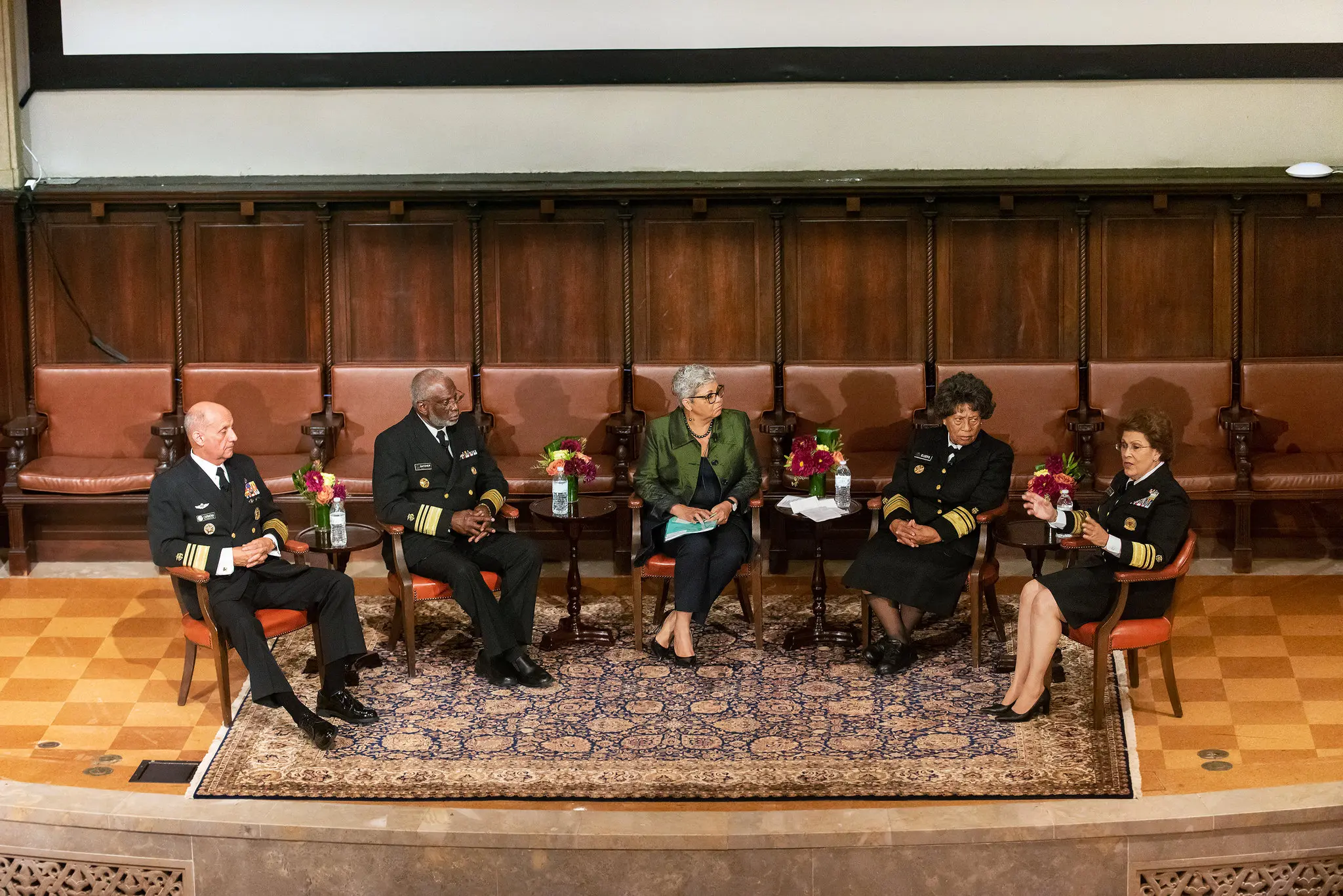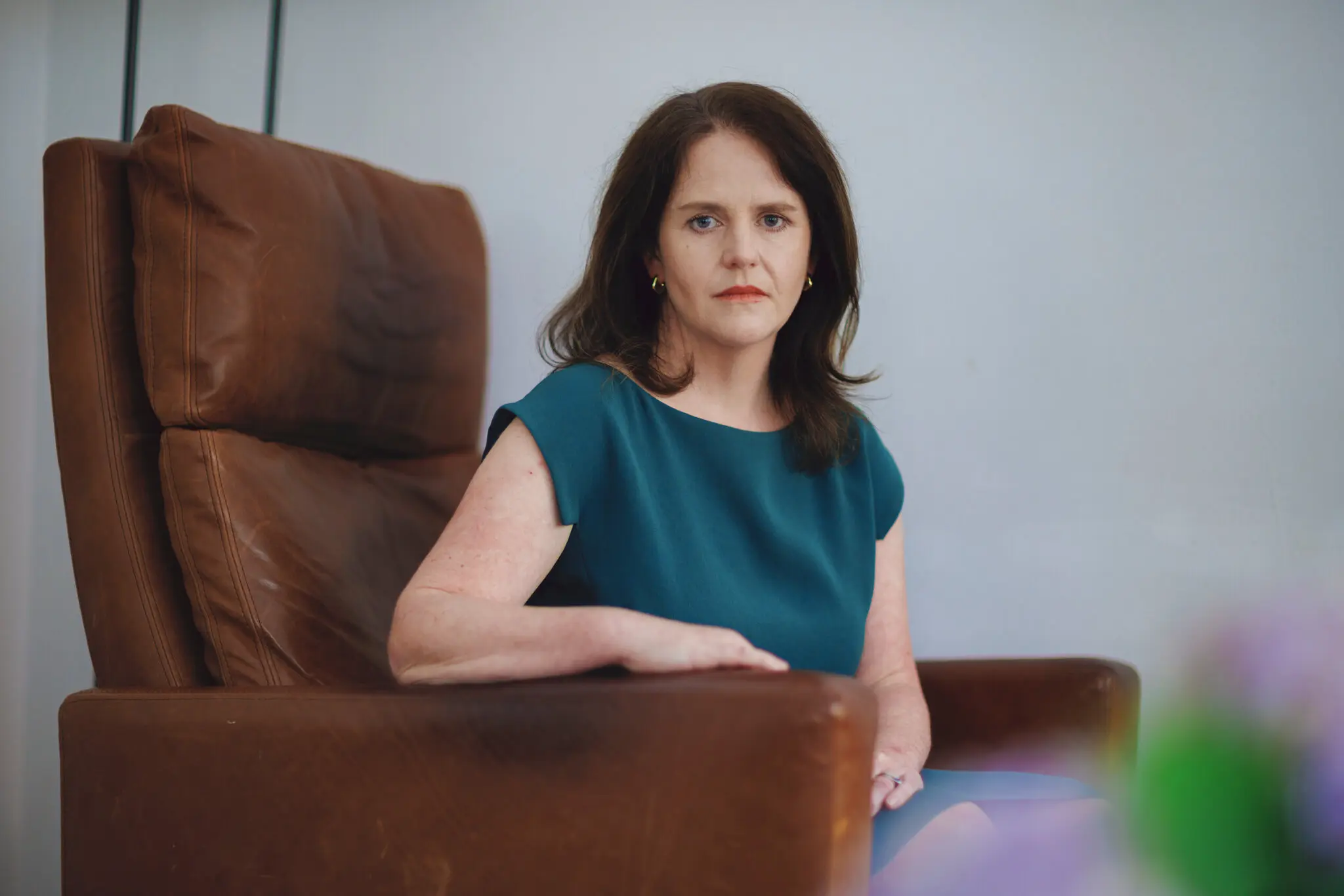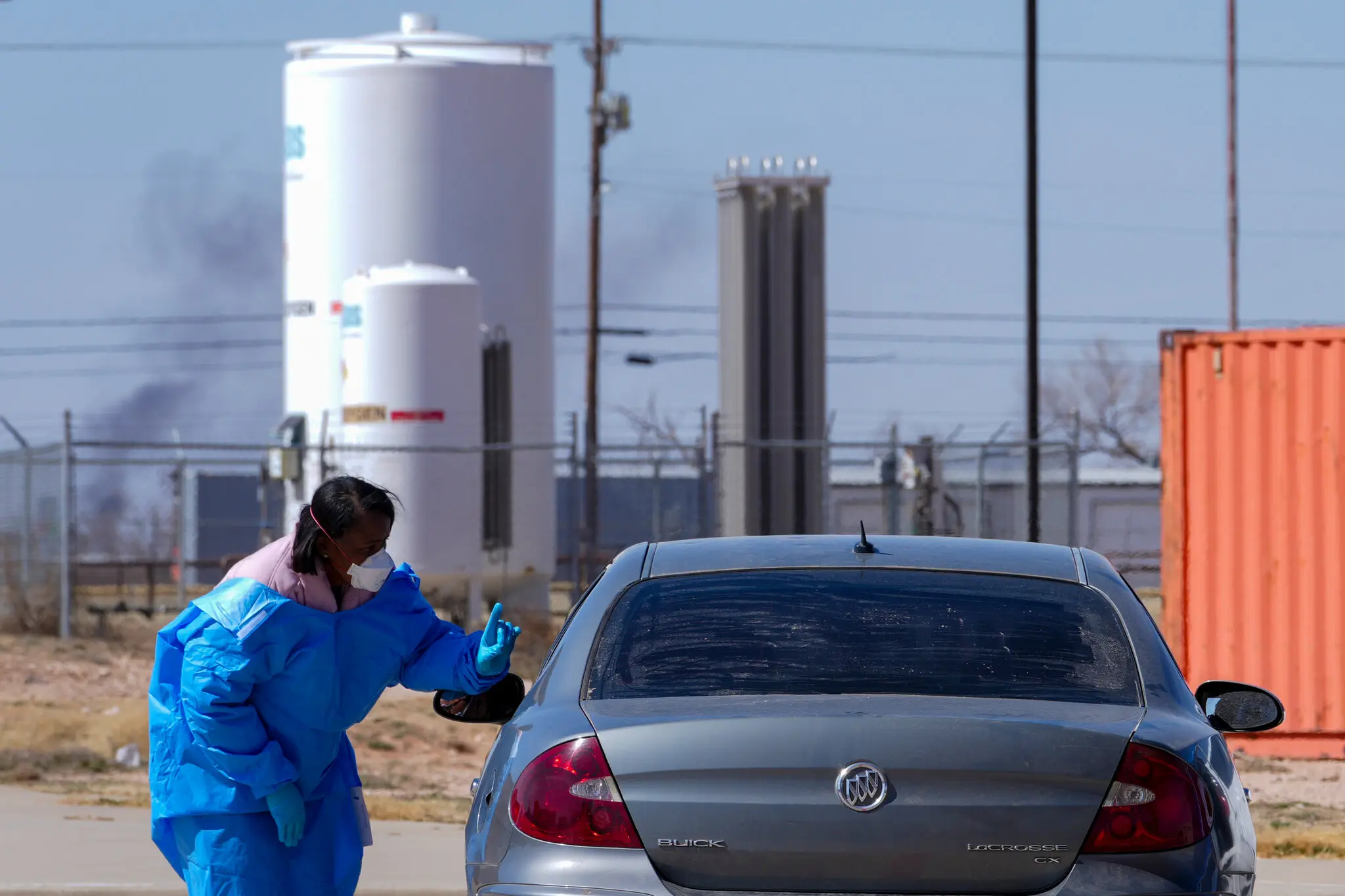Former U.S. Surgeons General Reveal Intense Political Pressures Behind Public Health Messaging
Several former U.S. surgeons general have broken their silence about how political interference, censorship, and partisan agendas repeatedly challenged their ability to provide unbiased public health guidance during national crises.
In a rare and candid conversation, several former U. S. Surgeons General have revealed the immense political pressure they faced while serving as the nation’s top health communicators.
Often regarded as the public's doctor, the Surgeon General is tasked with providing objective, science-based advice during national health challenges. But behind closed doors, political agendas have frequently clashed with scientific truth. The revelations come at a time when public trust in government health agencies is strained and debates over misinformation, mandates, and transparency dominate the national conversation.
### Speaking Out After Years of SilenceAt a forum hosted by the National Academy of Medicine, four former Surgeons General—Drs. Antonia Novello, David Satcher, Richard Carmona, and Vivek Murthy—spoke openly about how presidential administrations, from both political parties, attempted to shape or suppress health messaging for political gain. > “We were doctors, but we were also political appointees,” said Dr.
Carmona, who served under President George W. Bush. “And sometimes, the politics shouted louder than the medicine.
”Dr. Carmona revealed he was routinely discouraged from addressing issues like stem cell research, emergency contraception, and climate change. He described being warned not to contradict White House talking points—even if the science said otherwise.
### The Role of the Surgeon GeneralCreated in 1871, the position of the U. S. Surgeon General was designed to offer independent medical counsel to the public.
Over time, however, the role became increasingly politicized. The Surgeon General wears the uniform of the U. S.
Public Health Service Commissioned Corps, but operates within the U. S. Department of Health and Human Services (HHS), under the Executive Branch.
As such, they often walk a tightrope between public accountability and political loyalty. > “There’s an expectation that you will be a team player,” said Dr. Novello, who served under President George H.
W. Bush. “But that team isn’t always interested in hearing the unvarnished truth.
”### Health Crises and CensorshipSeveral of the former officials recounted specific moments when they were silenced or sidelined during major public health crises:- Dr. Satcher (1998–2002) said he faced backlash for issuing a report on sexual health and HIV prevention in schools, which clashed with conservative views on abstinence-only education. - Dr.
Carmona said he was not allowed to release a report on secondhand smoke for over a year because the findings were seen as politically inconvenient to major donors in the tobacco and hospitality industries. - Dr. Murthy, first appointed by President Obama and later reappointed by President Biden, described efforts to soften language on gun violence when he called it a public health epidemic.
> “It wasn’t that they denied the science,” said Dr. Murthy. “They just didn’t want us to talk about it out loud.
”### Science vs. Politics: A Recurring PatternThe comments echo similar concerns raised during the COVID-19 pandemic, when scientific advisors often found themselves in conflict with political leaders over masks, vaccines, school closures, and reopening timelines. In 2020, President Trump publicly contradicted the CDC and pressured the FDA on vaccine approvals, while sidelining career scientists in favor of hand-picked political advisors.
This legacy of interference, the former Surgeons General argued, undermines not just individual officials—but the entire institution of public health. > “When we lose credibility, we lose lives,” said Dr. Satcher.
“Public trust is built slowly, but it can collapse overnight. ”### The Personal Cost of IntegrityDr. Carmona recounted being told by a senior official, “You work for the President, not the people.
” That moment, he said, clarified the conflict between political obedience and scientific duty. Several panelists described internal conflicts—balancing their oath to protect public health against pressure to support political narratives. Some were forced out of their roles.
Others chose not to seek reappointment. All expressed frustration at the institutional resistance to independent voices. ### When Surgeons General Got It RightNot all the stories were grim.
The panel also highlighted moments when Surgeons General made a positive impact despite opposition:- Dr. C. Everett Koop, under President Reagan, took a bold stance on the HIV/AIDS crisis and promoted condom use, despite heavy backlash from conservative allies.
- Dr. Satcher’s reports on health disparities and mental health opened new conversations in public policy and academia. - Dr.
Murthy’s recent work on youth mental health and loneliness has been widely praised as groundbreaking. > “Courage still matters,” said Dr. Novello.
“But it needs protection. ”### Recommendations for the FutureThe panel concluded with a set of recommendations aimed at depoliticizing public health leadership:1. Term Protections: Establish fixed terms for the Surgeon General, independent of presidential election cycles.
2. Transparency: Require public disclosure when reports are delayed or edited for political reasons. 3.
Bipartisan Oversight: Form a congressional committee to review Surgeon General statements and investigate undue interference. 4. Public Education: Launch a national campaign explaining the Surgeon General’s role to foster support for independence.
5. Whistleblower Protections: Offer legal safeguards for public health officials who resist political censorship. > “Science needs air,” said Dr.
Murthy. “If we suffocate it, we all suffer. ”### Conclusion: Rebuilding Public TrustThe frank admissions from some of America’s most respected medical voices paint a sobering picture.
The politicization of the Surgeon General’s office has not only hampered timely health guidance but contributed to a growing erosion of public trust. Yet their testimonies also offer hope. By shining a light on past abuses and calling for structural reforms, these former officials are trying to ensure that future Surgeons General can speak freely, act boldly, and uphold their sacred duty to the people.
> “The Surgeon General is not supposed to be a mouthpiece,” said Dr. Satcher. “They’re supposed to be a mirror—reflecting what the science shows, not what politics wants to hear.
”In an age of disinformation and deepening polarization, the truth-tellers in white coats may be more important than ever.
27th july 2025



